In today’s fast-paced and ever-evolving professional landscape, continuous professional development (CPD) is essential for staying competitive and achieving long-term career success. CPD encompasses a range of learning activities that enable individuals to maintain and enhance their skills, knowledge, and expertise throughout their careers. This article explores the top CPD strategies to help you effectively integrate lifelong learning and professional development into your routine. From identifying relevant opportunities in your field to leveraging online courses, professional networks, and mentorship, we provide practical insights and actionable tips. Whether you’re aiming to advance in your career or broaden your horizons, these strategies will guide you on your journey towards sustained growth and achievement.
Discover the intricacies of this topic with gameshoek.com
1. Identifying Relevant CPD Opportunities in Your Field
To effectively enhance your professional development, it is crucial to identify relevant CPD opportunities in your field. Start by researching industry trends and pinpointing the skills and knowledge that are most in demand. Professional associations, industry journals, and conferences are excellent resources for staying updated on the latest developments and identifying CPD activities that align with your career goals.
Networking with peers and mentors within your industry can also provide valuable insights into beneficial CPD opportunities. Engage in conversations about their experiences with various courses, workshops, and seminars. Additionally, consider the feedback and recommendations of colleagues who have pursued similar professional development paths.
Online platforms, such as LinkedIn Learning, Coursera, and industry-specific websites, offer a plethora of courses and certifications that can be tailored to your needs. Evaluate these options based on their relevance to your field, the expertise of the instructors, and reviews from other professionals.
Lastly, don’t overlook the potential for CPD within your own organization. Many employers offer in-house training programs, workshops, and mentorship opportunities designed to foster professional growth. By actively seeking out and engaging with these resources, you can ensure that your CPD efforts are both relevant and impactful.
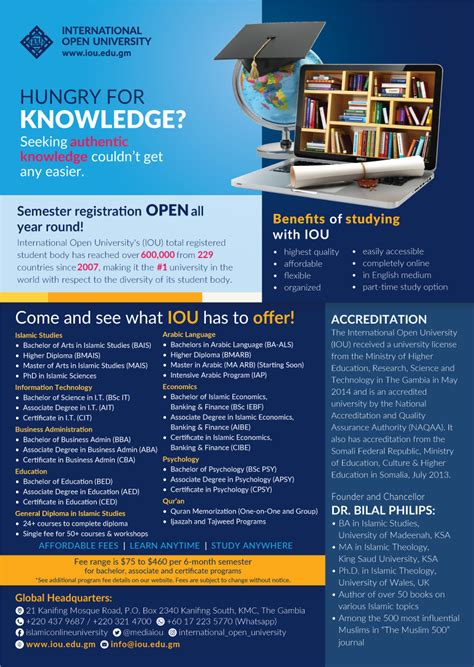
2. Setting Clear and Achievable CPD Goals
Setting clear and achievable CPD goals is essential for ensuring your professional development efforts are purposeful and productive. Begin by conducting a self-assessment to identify your current skills, strengths, and areas for improvement. This reflection will help you pinpoint specific competencies and knowledge gaps that need attention.
Next, align your CPD goals with your long-term career aspirations. Consider what skills and qualifications are necessary for advancing in your field or transitioning to a new role. Ensure your goals are SMART—specific, measurable, achievable, relevant, and time-bound. For example, instead of setting a vague goal like “improve my communication skills,” specify that you aim to “complete an advanced business communication course within the next six months.”
Break down larger goals into smaller, manageable tasks. This approach not only makes the process less overwhelming but also allows you to track your progress and celebrate milestones along the way. Regularly review and adjust your goals as needed, based on new insights and changing professional demands.
By setting clear and achievable CPD goals, you create a structured path for continuous improvement, ensuring that your efforts lead to tangible career advancement and personal growth.
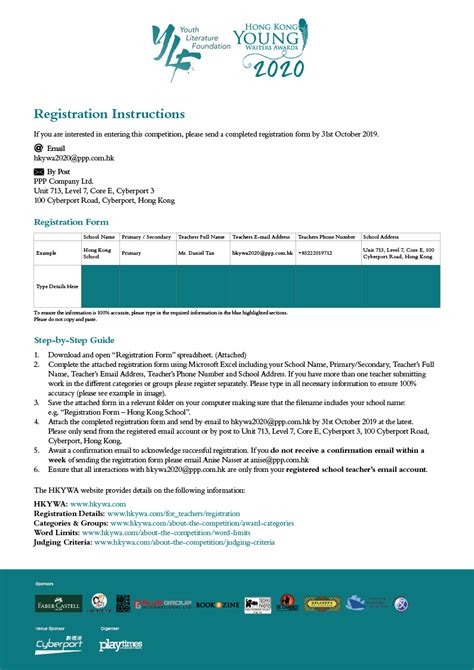
3. Utilizing Online Courses and Webinars for CPD
Online courses and webinars offer flexible and accessible ways to fulfill your CPD needs. These resources provide opportunities to learn from industry experts, stay updated on the latest trends, and acquire new skills without the constraints of a traditional classroom setting.
Start by exploring reputable platforms such as LinkedIn Learning, Coursera, and Udemy, which offer a wide range of courses tailored to various professional fields. Look for courses that provide certificates upon completion, as these can enhance your resume and demonstrate your commitment to continuous learning.
Webinars, often hosted by professional associations, industry leaders, and educational institutions, are another valuable resource. They allow you to engage with experts in real time, ask questions, and participate in discussions on relevant topics. Many webinars are recorded and available on-demand, offering flexibility to fit into your schedule.
When selecting online courses and webinars, consider their relevance to your CPD goals, the credibility of the instructors, and reviews from other participants. By integrating these digital learning opportunities into your CPD strategy, you can stay current, expand your knowledge, and enhance your professional skills effectively and efficiently.
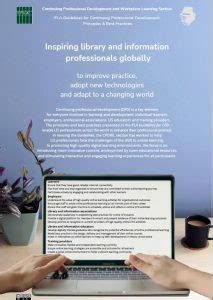
4. Incorporating CPD into Your Daily Routine
Incorporating CPD into your daily routine ensures continuous growth without overwhelming your schedule. Start by setting aside dedicated time each day or week for professional development activities. This could be as simple as reading industry-related articles during your morning commute, or scheduling a weekly hour for online courses or webinars.
Integrate CPD into your work tasks by seeking out projects that challenge your current skills and offer learning opportunities. Engage in discussions with colleagues, attend team meetings with a focus on sharing new insights, and actively seek feedback to identify areas for improvement.
Utilize micro-learning techniques, such as short, focused learning sessions, which can easily fit into your daily schedule. Mobile apps and podcasts on relevant topics can also provide valuable learning experiences during downtime.
Keeping a CPD journal to document your activities and reflections can help you stay organized and track your progress. By making CPD a regular part of your routine, you ensure consistent professional growth and the ability to adapt to new challenges and opportunities i
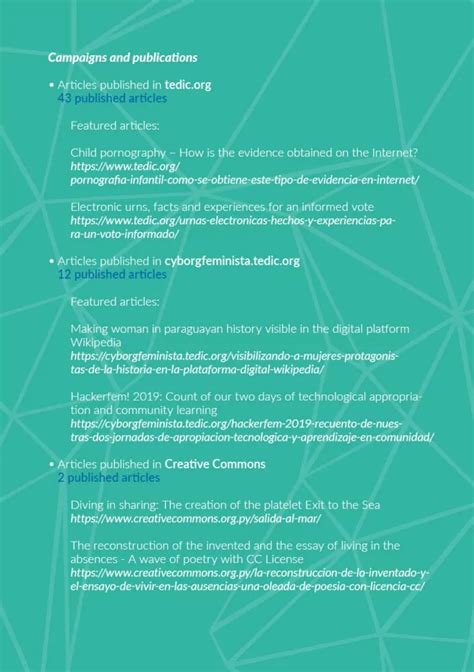
5. Leveraging Professional Networks and Mentorship for CPD
Leveraging professional networks and mentorship can significantly enhance your CPD journey. Professional networks provide a platform to exchange ideas, share experiences, and stay updated on industry trends. Join professional associations, attend conferences, and participate in networking events to connect with peers and industry leaders.
Engaging with a mentor can provide personalized guidance and support tailored to your career goals. A mentor can help you identify relevant CPD opportunities, offer insights from their own experiences, and provide constructive feedback on your progress. To find a mentor, seek out respected professionals within your organization or industry, and consider formal mentorship programs offered by professional associations.
Active participation in online communities and forums related to your field can also expand your professional network. These platforms offer opportunities to discuss current topics, share resources, and seek advice from a diverse group of professionals.
By leveraging your professional networks and establishing strong mentorship relationships, you gain access to a wealth of knowledge, experience, and support that can significantly enhance your CPD efforts and contribute to your long-term career growth.
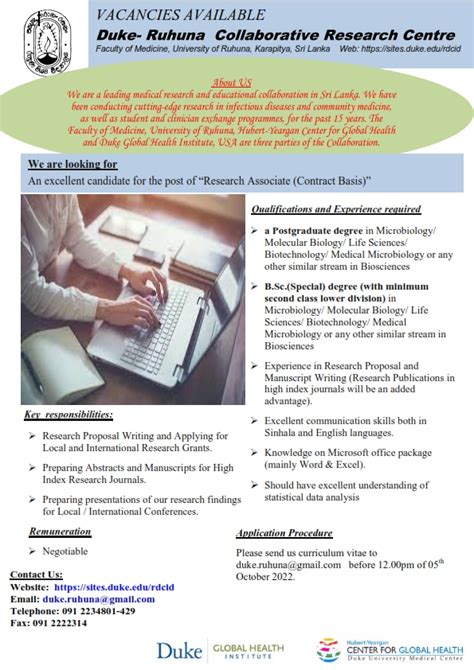
6. Documenting and Reflecting on Your CPD Activities
Documenting and reflecting on your CPD activities is crucial for tracking progress and identifying areas for improvement. Start by maintaining a detailed CPD log or journal where you record all your professional development activities. Include specifics such as the date, type of activity, duration, and key learnings or skills acquired. This record not only helps in tracking your progress but also serves as evidence of your commitment to continuous learning for performance reviews or certification purposes.
Reflection is an essential component of effective CPD. After completing a CPD activity, take time to evaluate what you learned, how it applies to your current role, and how it contributes to your long-term career goals. Reflecting on your experiences helps you internalize new knowledge and identify any gaps that need further attention.
Set aside regular intervals, such as monthly or quarterly, to review your CPD log. Assess whether your activities align with your goals and adjust your plan as needed. This periodic review ensures that you stay on track and make informed decisions about future CPD opportunities.
By diligently documenting and reflecting on your CPD activities, you create a structured approach to professional development, ensuring that each learning experience contributes meaningfully to your career growth and personal development.

7. Balancing CPD with Work and Personal Life
Balancing CPD with work and personal life is essential to maintaining overall well-being and productivity. Start by setting realistic CPD goals that align with your existing commitments. Prioritize your professional development activities by integrating them into your schedule without overloading yourself.
Effective time management is key. Create a balanced schedule that allocates specific times for CPD activities, work responsibilities, and personal time. Use tools like calendars or task management apps to organize and track your commitments.
Communicate with your employer or supervisor about your CPD goals and seek their support in accommodating your learning needs. Many organizations offer flexible arrangements or resources to help employees manage their professional development.
Lastly, remember to set aside time for relaxation and personal interests. Maintaining a healthy work-life balance not only prevents burnout but also enhances your overall effectiveness in both professional and personal domains. By managing your time well and ensuring that CPD activities complement rather than compete with your daily responsibilities, you can achieve a harmonious balance that supports ongoing growth and well-bei

8. Evaluating the Impact of CPD on Your Career Growth
Evaluating the impact of CPD on your career growth is crucial for understanding the effectiveness of your professional development efforts. Begin by reviewing your initial CPD goals and assessing whether you have met them. Consider the skills and knowledge you have acquired and how they align with your career objectives.
Gather feedback from supervisors, peers, and mentors to gain insights into how your CPD activities have influenced your performance and contributions. This feedback can highlight strengths and areas for further improvement, providing a comprehensive view of your progress.
Analyze any changes in your career trajectory since undertaking CPD activities. This could include promotions, new responsibilities, or enhanced job performance. Reflect on how these changes correlate with the skills and knowledge gained through your CPD efforts.
Additionally, review your CPD log and personal reflections to identify patterns or recurring themes in your development. This analysis can help you determine which activities have been most beneficial and guide future CPD decisions.
By systematically evaluating the impact of CPD on your career growth, you can ensure that your professional development efforts are effectively contributing to your career advancement and making a meaningful difference in your professional journey.

9. **Staying Updated with CPD Trends and Bes
Staying updated with CPD trends and best practices is essential for ensuring that your professional development efforts remain relevant and effective. Begin by regularly reviewing industry publications, blogs, and news sources to stay informed about emerging trends and advancements in your field. Subscribe to newsletters from professional associations and educational platforms that provide updates on new CPD opportunities and innovative learning methods.
Attend conferences, webinars, and workshops to engage with thought leaders and gain insights into the latest developments. Networking with peers and industry experts can also offer valuable perspectives on current CPD practices and trends.
Leverage online platforms and forums to participate in discussions about emerging CPD strategies and tools. These communities often share experiences and recommendations that can help you stay ahead of the curve.
Lastly, periodically reassess your CPD plan to incorporate new trends and best practices. Adapting your professional development strategy to reflect current industry standards ensures that you continue to grow and advance in your career effectively and efficiently.
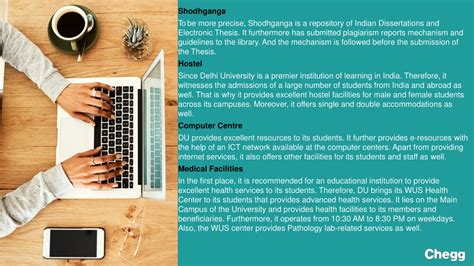
Incorporating effective CPD strategies into your professional journey is key to continuous growth and career success. By setting clear goals, utilizing available resources, and balancing learning with your daily life, you can enhance your skills and stay ahead in your field. Embrace these practices to ensure ongoing development and achieve your professional aspirations.
gameshoek.com
